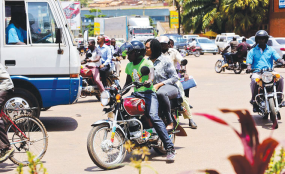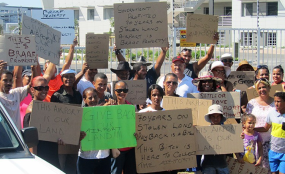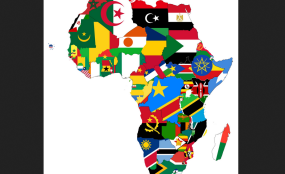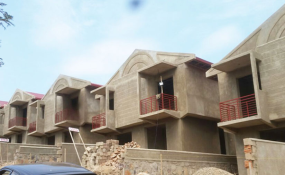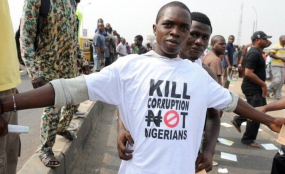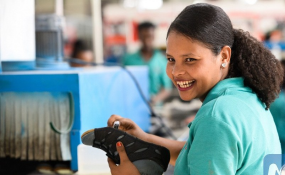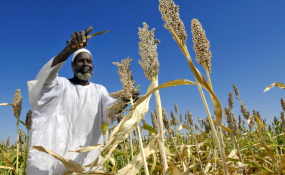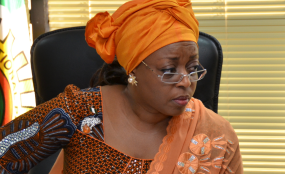By Rajab Mukombozi
Mbarara — Boda boda riders in Mbarara Town have protested against the release of Mr Jackson Tumwebaze, one of the 20 suspects arrested for allegedly stealing motorcycles.
A total of 12 number plates were allegedly recovered from Mr Tumwebaze’s shop on Garage Street, Mbarara Town last week when he was arrested. However, he was at the weekend released by police to the dismay of boda boda riders.
“This tycoon has been a major threat to the boda boda industry and has always boasted that he cannot be arrested. We are not surprised that he has been released even when we are still bringing incriminating evidence against him,” said Mr James Arinaitwe, the chairperson Mbarara Municipality Boda Boda Association.
Mr Mohamed Mpagi, the publicity secretary, said such actions by police compel the public to take the law into their hands. “We have tried our best to restrain our colleagues from mob justice, but with such scenarios of arresting and freeing key suspects, there is no way we can again convince them that security is committed to helping them,” Mr Mpagi said.
Investigations ongoing
He added that they have petitioned the Inspector General of Police and Director General of the Internal Security Organisation to intervene. The district police commander, Mr Jaffer Magyezi, on Sunday, however, said Mr Tumwebaze is still being investigated and he will be prosecuted.
“He was only released on police bond and we are still investigating the matter before charging him,” Mr Magyezi said.
The police led by the district police commander, Mr Jaffar Magyezi, paraded the suspects with some exhibits on April 18. The suspects, including a 68-year-old man, Mr Majidu Muhairwe, were arrested during the Easter period.
Mr Magyezi said that between January and August last year, an average of 10 motorcycles were stolen every month and three cyclists hacked to death.
While the thefts had reduced because of police teaming up with cyclists to arrest criminals, he said it is on the raise again.

